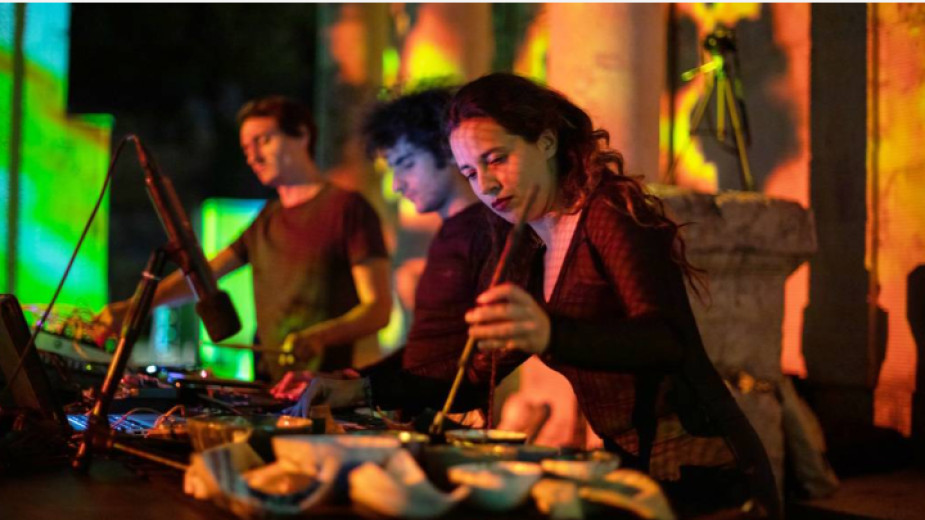 7
7
Bilyana Furnadzhieva walks in the green fields, enjoying the cool breeze and the birdsong. And as we do in childhood, she picks up pebbles, chestnuts, leaves, blossoms which have attracted her attention as a visual artist. Later on, in her studio, all of these things will go into the making of works of art, sending out messages connected with global processes – like climate change, for example.
If we add a bit of alchemy to all of these pieces, what do we get in art?
“We get works, new roadways and shapes,” says Bilyana Furnadzhieva. “Nature is an indivisible whole which we cannot fathom because human eyes can only see what is nearest to us, and that is really important to me. But if we take a long hard look at some detail – the vein in a rock or the pattern of a single leaf – then, maybe, we shall notice something different and complete.”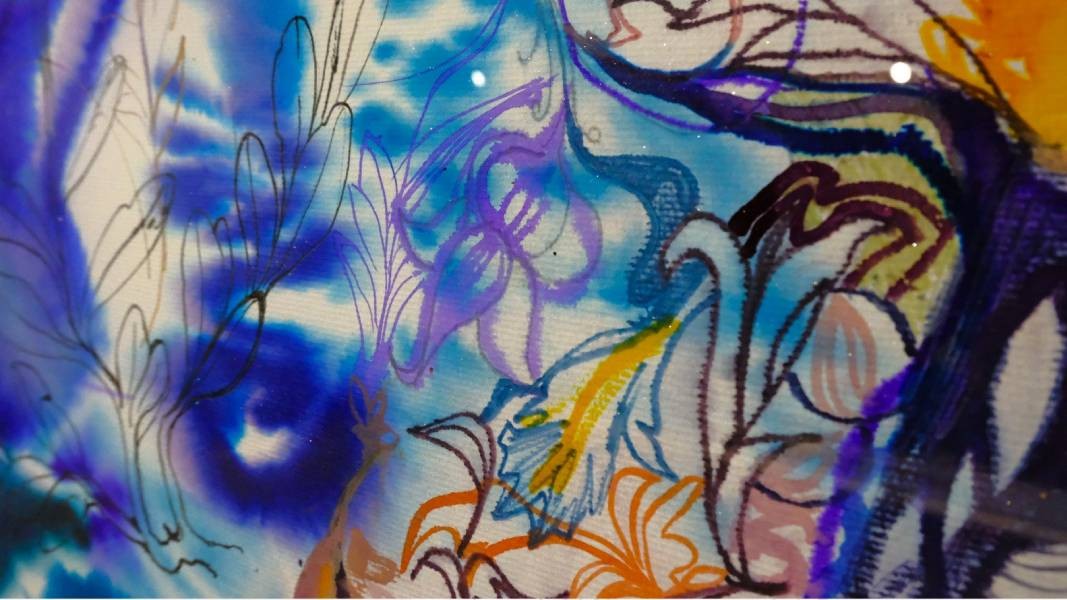
The young artist went to Paris 14 years ago, following “her inner voice”. She graduated from the prestigious École nationale supérieure des arts appliqués et des métiers d'artand École nationale supérieure des arts décoratifs. She studied analog photography, then continued with sculpture, which she had studied at the art school in Sofia, and ceramics, pottery, clay. After earning her academic education, she started going to art residencies in different countries, and this is what opened the gateway to art for her.
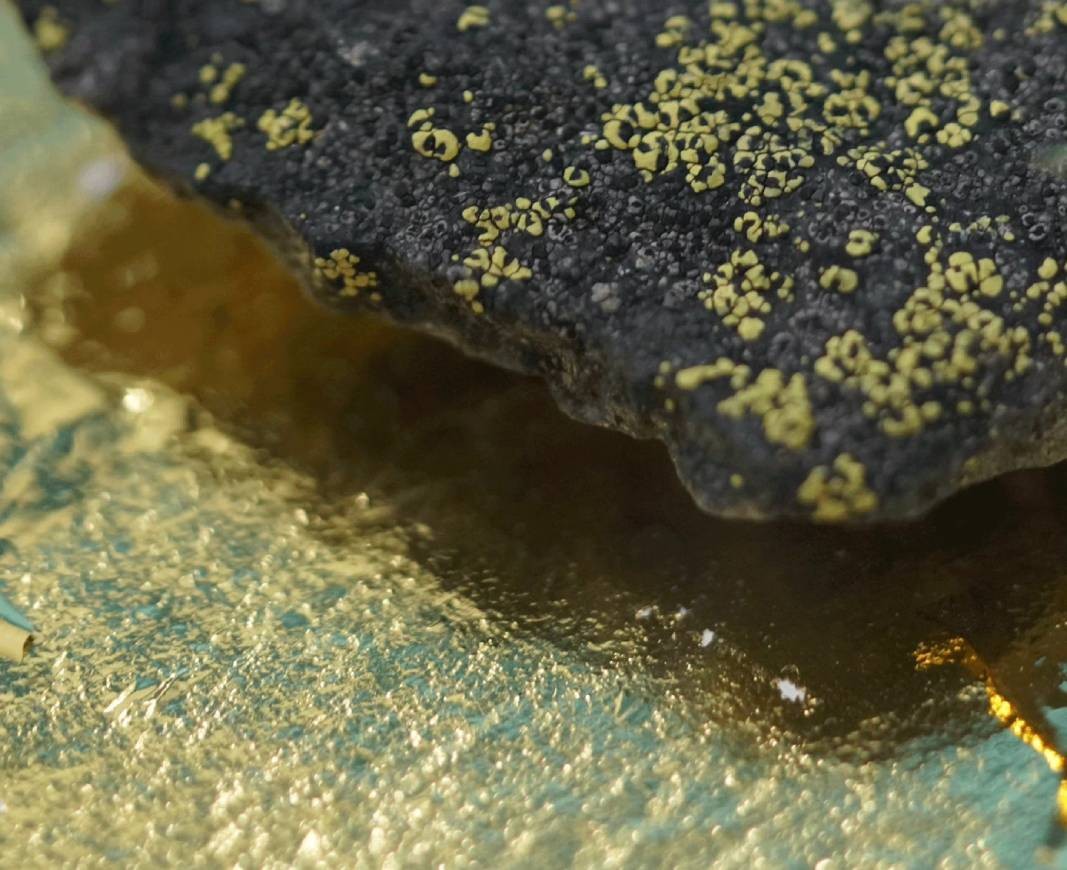
“I did the first compositions with elements I had collected around 2018-2019 at Cité des Arts in Paris where I was surrounded by so many galleries and artistic spaces but where there was no nature,” Bilyana Furnadzhieva remembers in an interview with Radio Bulgaria.
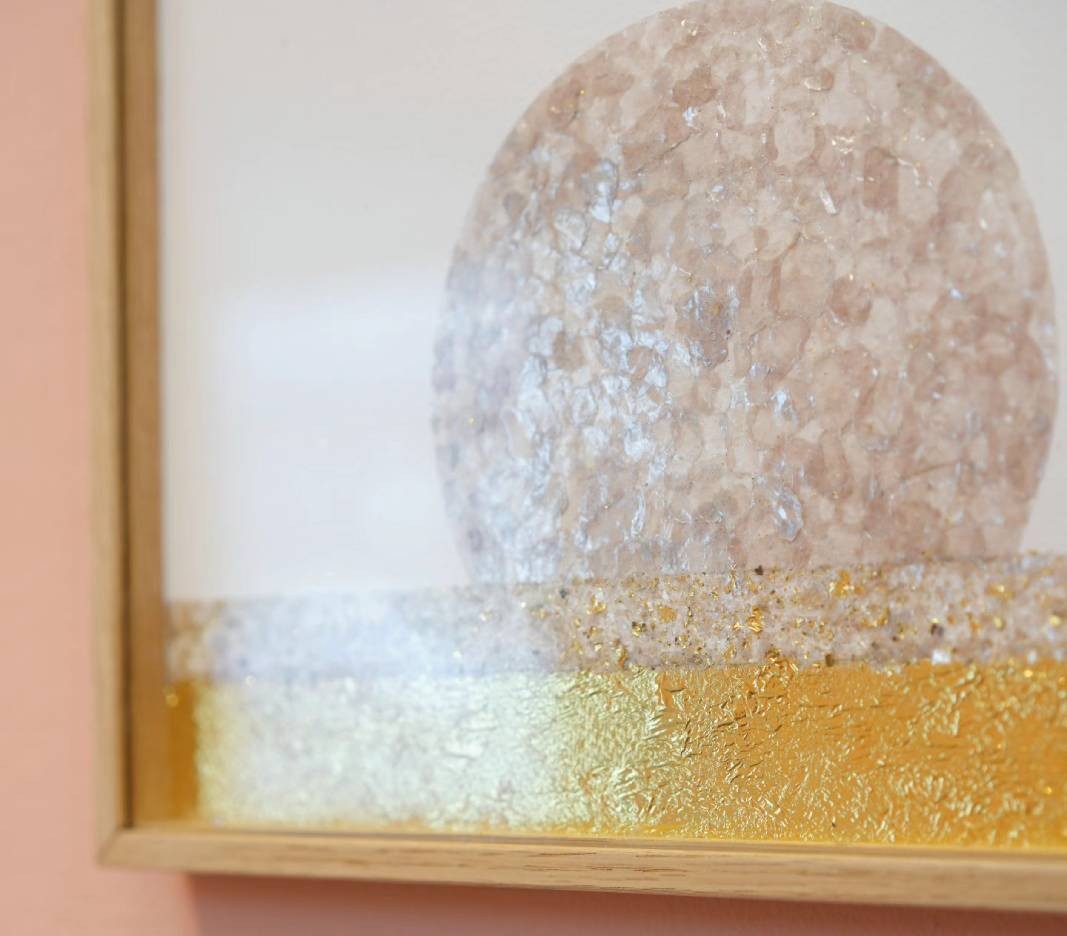
“Somehow the influence of the world of culture was not in sync with my need to see trees, leaves, flowers, that is why I started comparing natural elements with things the human mind attaches value to. That was how gold leaf entered my art.”
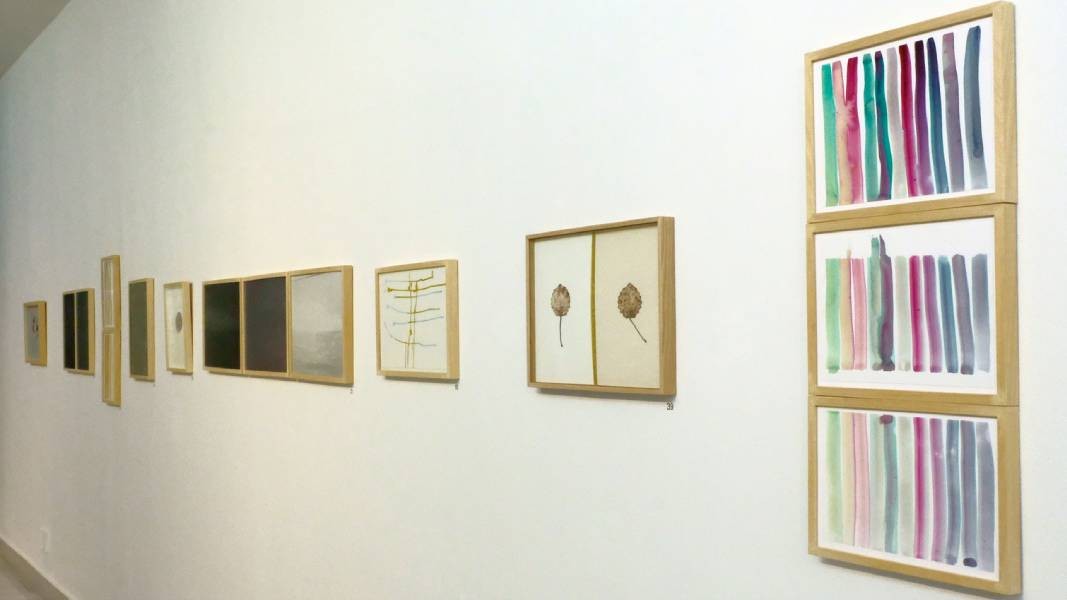
Until 17 August, the Nenko Balkanski museum house in Kazanlak is hosting her exhibition “After Nature, Chapter II”. With this exhibition, Bilyana Furnadzhieva is throwing a bridge to last year’s exhibition of the same name at the gallery Vaska Emanuilova in Sofia - the first step she took towards her return to Bulgaria.
“People can see collages with natural elements, collected in Iceland, Sweden, France, Bulgari,” the artist says. “There are also embossed works – with specific surface incisions on the paper – as well as water colours and drawings with natural dyes derived from flowers, roots, tree bark. 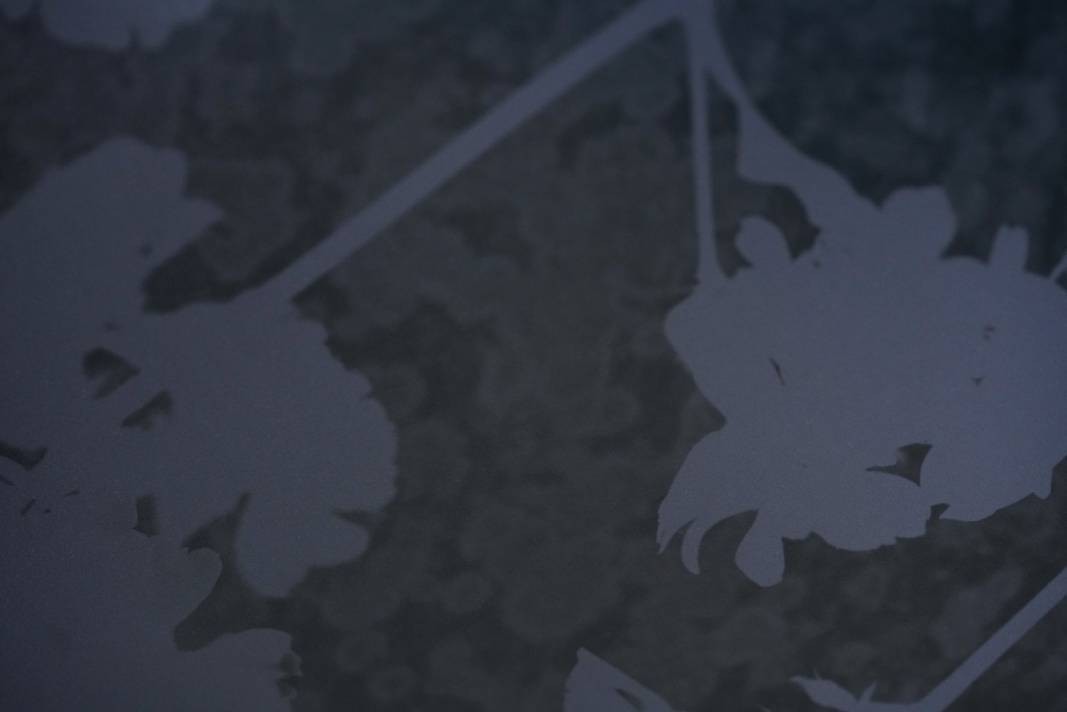
The other works are photograms – placing light-sensitive paper under the rays of an analog photography magnifier and working on it directly using elements, colours or water. In my compositions I try to capture the images of flowers because they are so delicate and there is no other way I can preserve them.”
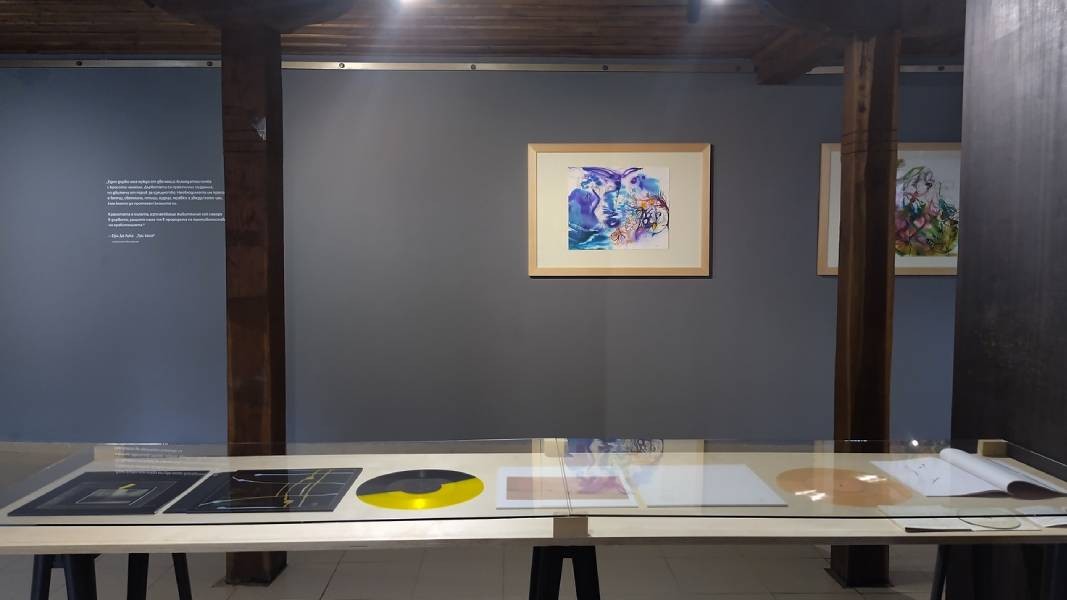
Bilyana Furnadzhieva stretches the boundaries of visual art. As she puts her works on display, her idea is to enter into a dialogue acquiring syncretic form because human voices are not enough and it creates music. Part of her exhibition includes a sound composition based on Crystal Sound Project – an experimental project she created in 2017 and developed further, together with Viktor Benev, and with the involvement of musicians from different counties.
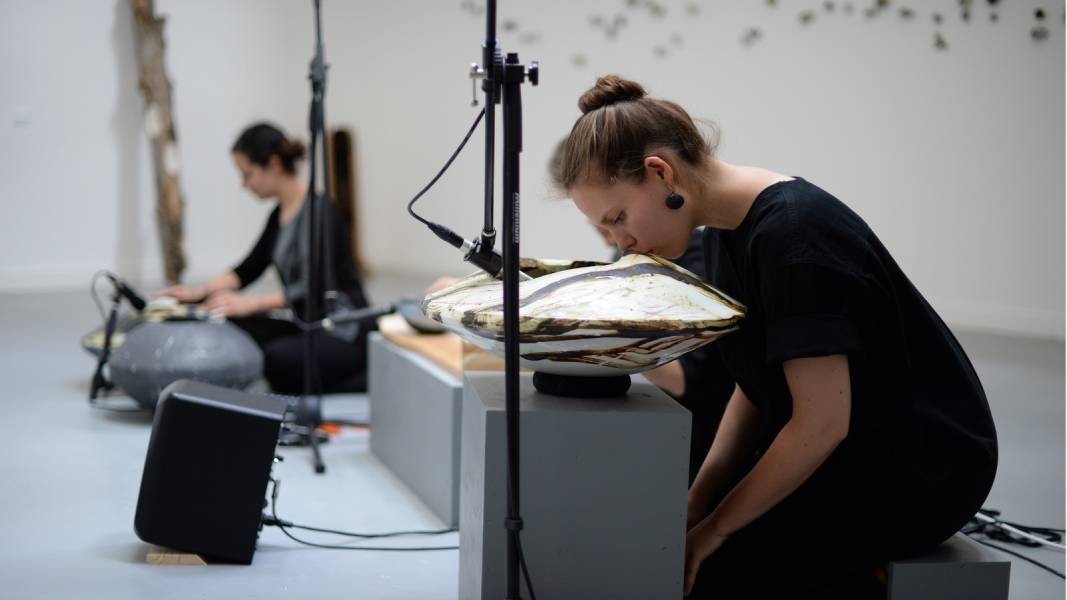
“The composition features recorded natural sounds – birds, a cricket, water, wind, pebbles,” she says. “The texts we hear are in French, Bulgarian and Italian and are a statement of the bond between humans and nature, of how we, as an element of the live chain of the world, such as it is, should seek a dialogue with everything around us. I have used texts from Three Horses, a novel by contemporary Italian author Erri De Luca which will be published this summer, the translation is mine.”
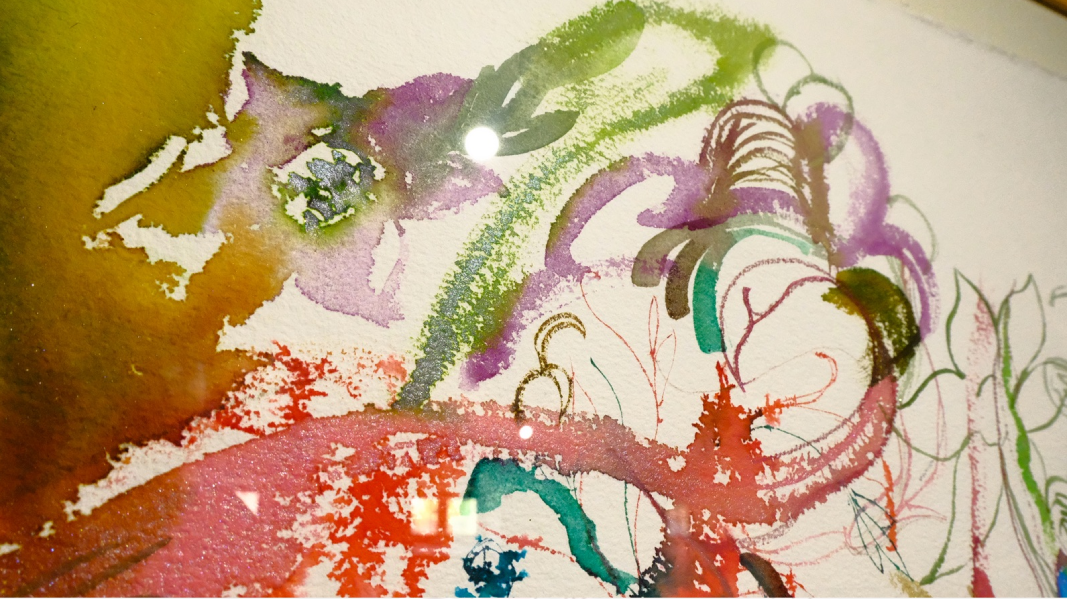
Art is the connecting element which brings Bilyana Furnadzhieva back to Bulgaria more and more often, because it makes her “vibrate on the frequencies of the place that is our own”. “A home can be extended but what we manage to derive from any territory is connected with encounters that are enriching, with landscapes, with light,” she says and adds she has already planned more travels around the country.
Translated and posted by Milena Daynova
Photos courtesy of Bilyana Furnadzhieva, Crystal sound project, sofia.bg
The short animated film "Life with an Idiot" by Theodore Ushev won the best film award at the Beijing International Short Film Festival. The animator announced the news on his Facebook profile. "I am very happy because it is..
The Vladigerov brothers will provide a live musical accompaniment to a silent film at Vienna’s Metro Kulturhaus cinema , marking their second time taking on the challenge. The historic Metro Kino has been run by the Austrian Film Archive since 2002,..
The film “Made in EU” by director Stefan Komandarev won the Audience Grand Prize at the 63rd Gijón International Film Festival in Spain. The film triumphed in competition with 95 titles, BTA has reported. “Within a few days, we..

+359 2 9336 661
